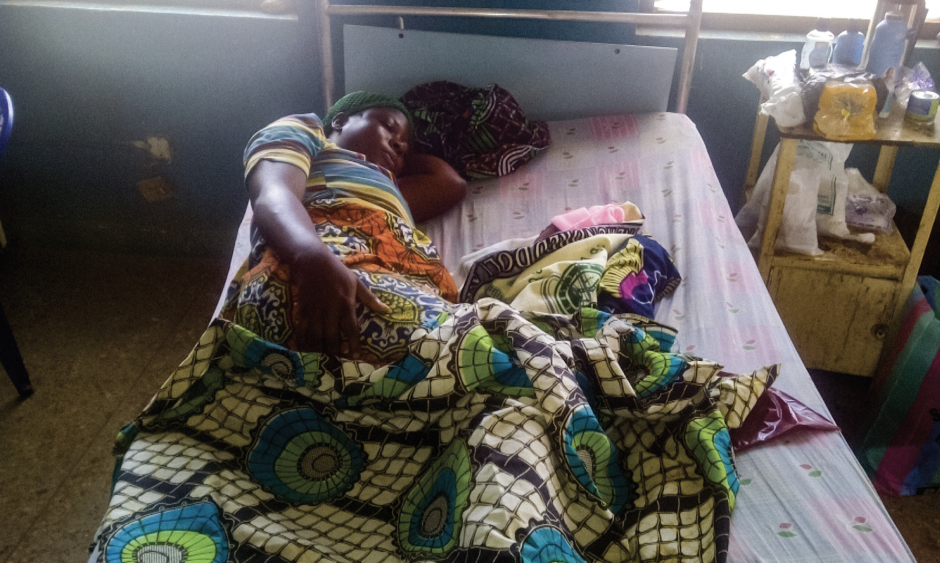
From the CLIP Nigeria Trial there have been many stories from the field where women and their babies have received care from the CLIP intervention. Reports have shown that despite recommendation for urgent referral, sadly, some women are unable to seek care at a higher facility. From the field notes, often these barriers arose from lack of funds for transportation or facility expenses, unavailability of someone to accompany the woman to the facility, and/or lack of a woman’s autonomy. Here is one story from the field highlighting some of these barriers and how they were overcome:
Mrs. S.A (pseudonym) was having a routine antenatal care visit from a health worker using the POM device, when her high blood pressure triggered treatment and urgent transport within four hours. Mrs S.A accepted the methyldopa and magnesium sulphate, and accepted referral to a facility. The first taxi that was contacted to take her to a hospital charged 1500 Naira for the transport, but Mrs. S.A and her sister-in-law, who was called, could only afford 500 Naira. The taxi driver refused. Fortunately, there was another driver who had been present at one of the community engagement sessions who offered to assist Mrs S.A and offered to not charge for transportation. Upon arrival to the facility, Mrs S.A’s blood pressure was still high and she was diagnosed with abdominal oedema, which posed further complications. After clinical tests, she had an urgent caesarean section and both mother and baby were fine. The family greatly appreciated the efforts of the CLIP team, who helped Mrs S.A. give birth to a healthy baby girl.